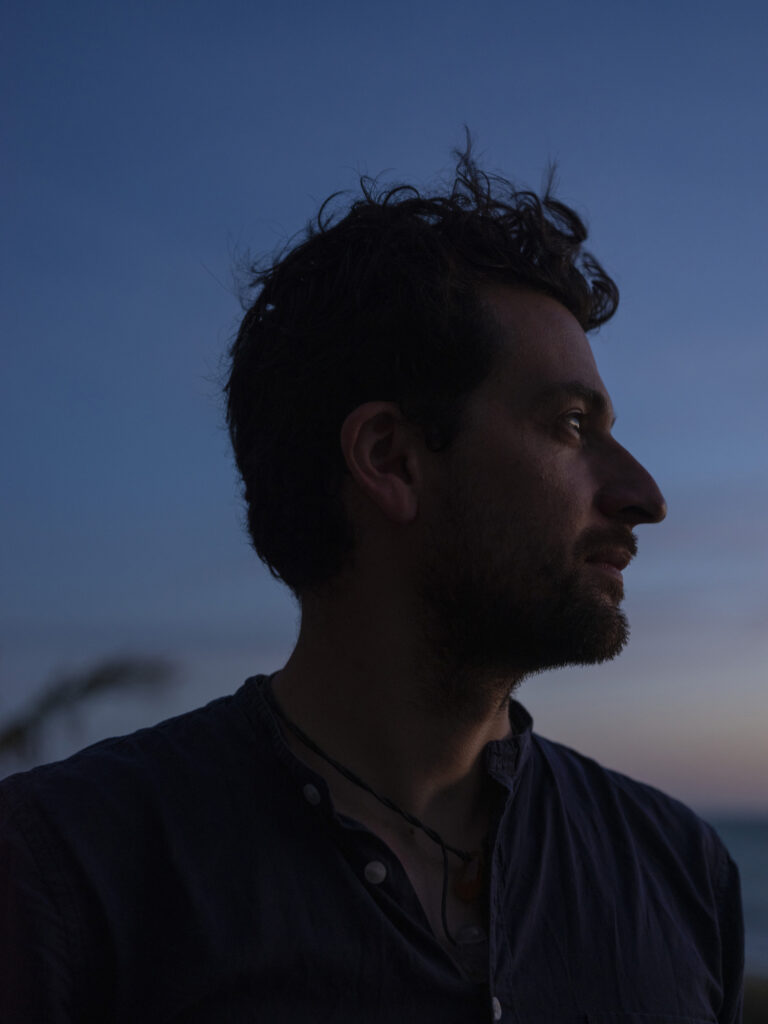b. 1985
Felipe Castelblanco is multidisciplinary artist, working at the intersection of socially engaged, installation, film, and Media Art. His work explores institutional forms, creates platforms for inter-epistemic dialogue and ventures out into new frontiers of publicness in unlikely spaces. Over the years, Felipe has developed long-term and participatory projects in a wide range of contexts internationally. As an artist, educator, filmmaker and activist he established the Para-Site School in 2011 while collaborating with participants from 10 countries to turn the world upside-down (Norte Es Sur, 2011 – 2016); he has sailed around the world in the smallest makeshift boat (Driftless, 2012-2022); assembled team of Latino day workers to paint houses—on canvas—in the streets of Philadelphia (We Paint Houses, 2013) and initiating the first Pan-Amazon Media Collective with Indigenous land-protectors in the Colombian Andean-Amazon regions (Ñambi Rimia Media Collective, 2018 – 2023).
Felipe has exhibited at museums and galleries across Europe, North and South America, including ZKM in Karlsruhe, the Royal Academy in London, Helmhaus in Zürich, and the San Diego Museum in California and has been the recipient of several international awards, including the Robert Rauschenberg Foundation Residency (USA, 2019), Starr Fellowship at the Royal Academy Schools in London (UK, 2015). Felipe holds an M.F.A from Carnegie Mellon University (USA) and in 2021 completed a practice-based PhD from the Academy Art and Design Basel FHNW and the University of Arts Linz. In 2014 he served as a Cultural Emissary for the USA State Department to the Philippines and in 2021 he nominated for the Breakthrough Awards from the Berlin-based Breaking Walls Foundation for his contributions to arts and society.
In recent years, Felipe’s creative work has focused on developing avenues for biocultural peacebuilding, making graspable diverse modes of vegetal and human cooperation, and fostering cultural diplomacy through sustained engagement with underserved communities and the international cultural, academic, and eco-political sphere.
